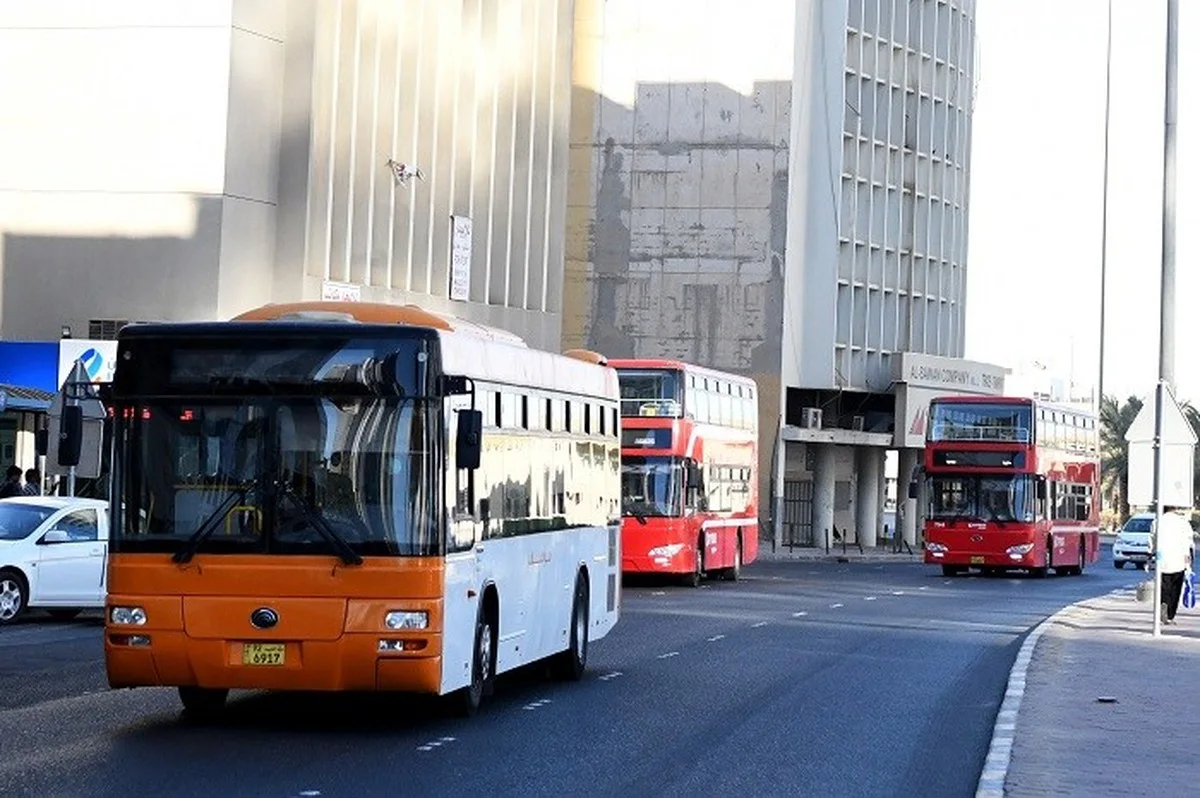14/09/2025
14/09/2025

KUWAIT CITY, Sept 14: Head of the Civil Engineering Technology Department at the College of Technological Studies and a member of the Kuwait Society for Traffic Safety Dr. Jamal Al- Mutawa affirmed that public transportation plays a vital role in solving the traffic crisis. During an interview with the daily, he cited scientific studies from various countries showing that the presence of efficient public transport systems such as buses, metros, and trains can reduce traffic congestion by up to 50 percent. Dr. Al-Mutawa stressed the importance of establishing a precise and comprehensive database to accurately identify causes of traffic accidents and to develop effective solutions based on thorough data analysis. He explained that solutions to traffic problems can be engineering-based for addressing issues resulting from road design flaws or vehicle defects, or regulatory that may involve the enforcement of strict penalties on violators.
It is important to enhance traffic awareness and conduct targeted driving tests to improve road user behavior, in coordination with all relevant authorities. The new traffic law has contributed to reducing congestion. However, it is necessary to distinguish between traffic safety and traffic engineering, despite their close connection. Linking deterrent penalties with awareness campaigns, intensified training, and the implementation of effective driving tests is important. There are both direct and indirect solutions to traffic congestion. Direct measures include reducing the number of vehicles, extending road networks, and activating the public transportation system, particularly trains and the metro.
Indirect solutions involve encouraging the use of public transportation by providing affordable, reliable services nationwide. In addition, raising fuel prices and vehicle insurance fees could discourage excessive car ownership and promote a shift toward public transportation. While the road repair projects carried out by the Ministry of Public Works help ease traffic congestion, they do not represent a comprehensive solution. Engineering interventions such as constructing bridges and tunnels, and expanding road networks are necessary to effectively solve traffic congestion and reduce the risk of accidents. Sound urban planning plays a major role in minimizing traffic congestion. When the capital serves as both the administrative and commercial hub, traffic naturally flows toward it.
However, if services are more evenly distributed throughout the country, traffic would be more balanced, reducing pressure on the city center. Dr. Al-Mutawa emphasized the importance of providing adequate parking in commercial areas within Kuwait City, which sees a high volume of daily visitors. He stressed that developing residential areas farther apart can contribute to alleviating congestion, as it reduces concentrated traffic in specific zones. Dr. Al-Mutawa also highlighted the existence of a National Strategic Plan for Traffic Safety, but it has yet to be implemented on the ground. He explained that the establishment of the Public Authority for Roads and Transportation was originally intended to implement the National Strategic Plan for Traffic Safety. However, due to a lack of agreement on the distribution of roles and responsibilities among relevant entities, the project stalled. As a result, the authority’s role has been limited primarily to the implementation of highways.
Dr. Al-Mutawa highlighted the wide-ranging social, psychological, economic, and environmental impacts of traffic congestion, including lost time, decreased individual productivity, business losses, fuel waste, and increased levels of gaseous and noise pollution, all of which contribute to rising health issues. He also noted that the Kuwait Society for Traffic Safety plays an important role in raising public awareness through traditional and social media platforms, in addition to participating in and organizing traffic safety conferences.
Dr. Al-Mutawa revealed that a consultative study is currently underway for the Kuwait section of the Gulf Railway, highlighting its significant economic advantages, particularly the efficient, safe, and rapid transport of large quantities of goods. He added that the Gulf Railway will support efforts to transform Kuwait into a regional financial and commercial hub, and it will offer social benefits by strengthening ties among citizens of the Gulf countries.
By Mohammed Ghanem
Al-Seyassah/Arab Times Staff
Al-Seyassah/Arab Times Staff


